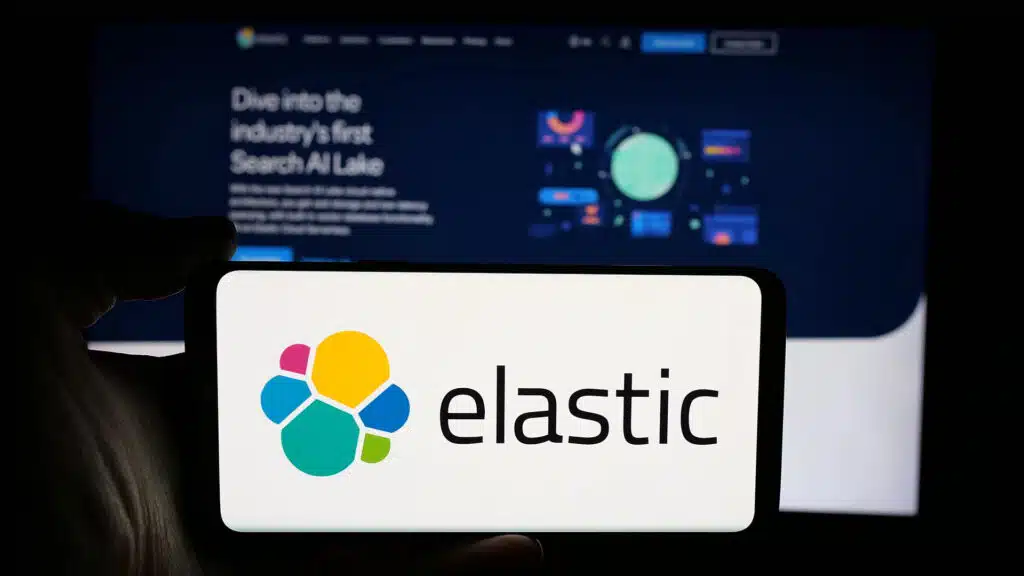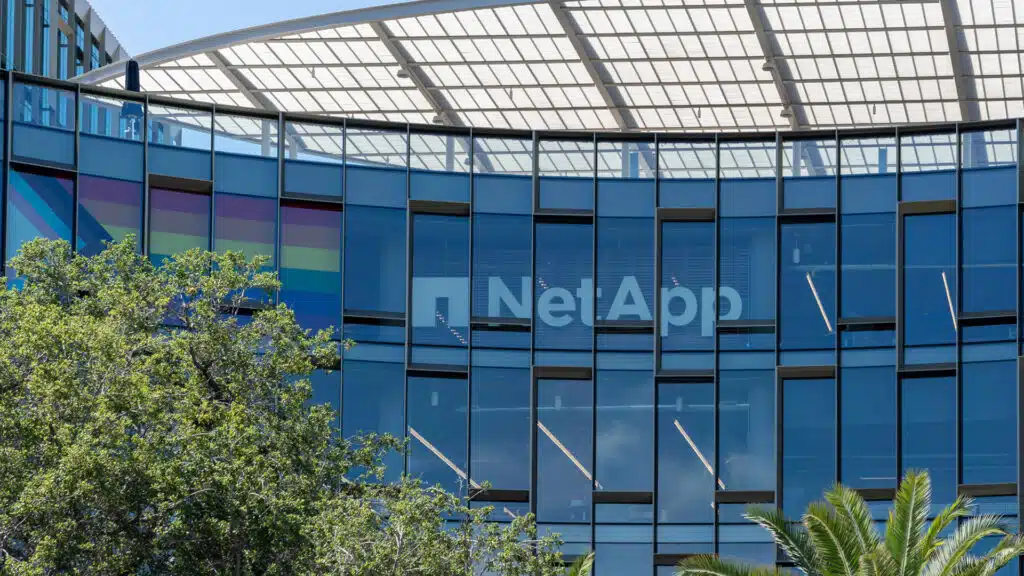Analyst(s): Olivier Blanchard
Publication Date: March 25, 2025
HP has unveiled its latest EliteBook series, integrating AI-powered enhancements, dedicated Neural Processing Units (NPUs), and high-performance displays for professionals. The new lineup – EliteBook Ultra G1i, EliteBook X G1i, EliteBook X Flip G1i, and EliteBook X G1a – features NPUs delivering up to 55 trillion operations per second (TOPS), 3K OLED displays on select models, and a focus on security and sustainability. These devices position HP to compete aggressively in the AI PC segment as businesses seek to upgrade hardware for AI-driven workloads.
What is Covered in this Article:
- HP’s new EliteBook series integrates AI-focused NPUs, delivering up to 55 trillion operations per second (TOPS) of performance.
- The EliteBook Ultra G1i features a 14-inch 3K OLED display with a 120Hz refresh rate for improved clarity and color accuracy.
- AI-enhanced collaboration tools include a 9MP webcam, Poly Camera Pro software, and enterprise-grade security.
- HP’s sustainability efforts include using 90% recycled magnesium in the EliteBook Ultra G1i’s chassis.
The News: HP has introduced its latest EliteBook series, designed to integrate AI-driven enhancements for business users. The lineup consists of four models – the EliteBook Ultra G1i, EliteBook X G1i, EliteBook X Flip G1i, and EliteBook X G1a – each equipped with dedicated NPUs capable of up to 55 TOPS for AI-powered processing.
Among these, the EliteBook Ultra G1i stands out with a 14-inch 3K OLED display offering a 120Hz refresh rate. This display delivers enhanced visuals suited for content creators and business professionals who prioritize display quality and responsiveness.
The series also brings AI-driven features, including a 9MP webcam with Poly Camera Pro, auto-framing, and adaptive dimming, enhancing virtual collaboration. Security remains a key focus, with HP Wolf Security and an Endpoint Security Controller providing advanced protection against cyber threats, including risks associated with quantum computing. Additionally, HP continues its sustainability efforts, incorporating 90% recycled magnesium in the EliteBook Ultra G1i’s construction.
HP’s New EliteBook Series Brings AI to the Forefront of Business Laptops
Analyst Take: HP’s latest EliteBook series aligns with the growing shift toward AI-powered computing, targeting business users who require security, sustainability, and AI-enhanced productivity. However, the competitive landscape remains fierce, with HP’s success depending not only on factors like execution, pricing strategy, and ecosystem support but also on differentiation against competitors in the AI PC market.
AI Processing Power Enhances Productivity, but Adoption Remains a Question Mark
By integrating dedicated NPUs with up to 55 TOPS, HP highlights its commitment to AI-driven productivity. The Intel-powered models – EliteBook Ultra G1i, EliteBook X G1i, and EliteBook X Flip G1i – deliver 48 TOPS on the NPU. In comparison, the AMD-powered EliteBook X G1a pushes 55 TOPS on the NPU, making it one of the most powerful AI-enabled business laptops available to date. These AI accelerators promise significant benefits, including faster data processing, AI-driven automation, and optimized real-time applications such as machine learning, video conferencing, and transcription services. However, the effectiveness of hardware-based AI acceleration will largely depend on software support, which, at least until now, has been slow to materialize.
To be fair, Microsoft Copilot is readily accessible via a dedicated key. Broadening AI-powered workflows across enterprise applications will be crucial to justify the additional cost and processing power. However, given that many, if not most, next-generation AI-enhanced workflows are still in early development, the extent to which businesses will fully leverage these capabilities remains uncertain, at least in the near future. Future-proofing organizations for AI early remains the primary objective here. Still, beyond the promise of more on-device AI use cases, these new PCs are also considerably better, faster, more power efficient, and more secure upgrades to their pre-AI predecessors, which could be enough to drive adoption. Additionally, the impending end of Windows 10 support in October should help accelerate the refresh cycle and drive enterprise and SMB buyers toward Windows 11 PCs. With these models, HP gives those buyers the kinds of features that could provide them with an edge.
Premium Displays and Design Offer Strong Visual and Portability Enhancements
The EliteBook Ultra G1i is distinguished by its 14-inch 3K OLED display, featuring a 2880×1800 resolution and a 120Hz refresh rate. This configuration enhances sharpness, color accuracy, and responsiveness, making it particularly beneficial for content creators, data analysts, and professionals relying on high-fidelity visuals. OLED technology further improves contrast and black levels, surpassing traditional LCD panels.
Portability is another key aspect. Weighing just 1.19kg, the EliteBook Ultra G1i is among the lightest AI-powered business laptops in its class. The EliteBook X Flip G1i, at 1.4kg, incorporates a 360-degree hinge and supports the HP Rechargeable Active Pen, catering to professionals who require touchscreen functionality. Meanwhile, the EliteBook X G1a, slightly heavier at 1.49kg, compensates with AMD Ryzen 7 Pro and Ryzen 9 Pro processor options and up to 64GB LPDDR5x RAM, making it an ideal choice for performance-intensive workloads.
Security and Enterprise-Grade Protection Set a High Bar
Security remains a fundamental pillar of the EliteBook series, with HP Wolf Security and an Endpoint Security Controller offering advanced defense mechanisms against emerging cyber threats, including risks from quantum computing. The AI-enhanced 9MP webcam integrates adaptive dimming, auto-framing, and AI-driven noise suppression, improving security and usability for virtual meetings.
With enterprise cybersecurity becoming increasingly critical, HP’s focus on endpoint security could serve as a major differentiator. However, its impact will ultimately depend on how seamlessly these security measures integrate with existing enterprise IT infrastructures, especially in hybrid work environments, where device management remains a significant challenge.
Pricing and Market Positioning in a Competitive Landscape
Pricing for the EliteBook series places it firmly in the high-end business segment, competing against Dell’s Latitude series, Lenovo’s ThinkPad X1 lineup, and Apple’s MacBook Pro, all of which offer premium build quality, security, and performance-driven computing capabilities.
Given the quality of the PCs HP is competing against, the success of these AI-powered EliteBooks will depend on HP’s ability to demonstrate benefits that justify the investment: productivity gains, battery life, power efficiency, and lower TCO (total cost of ownership). Security, serviceability, design, and productivity enhancements. As AI-powered PCs are expected to make up 25% of total shipments by the end of 2025, HP’s early and aggressive push into this segment could give the company a slight competitive edge – provided that the AI software ecosystem evolves quickly enough to drive widespread enterprise adoption.
What to Watch:
- AI-powered business laptops are gaining traction, but real-world adoption will depend on how effectively enterprises integrate AI-enhanced workflows into daily operations.
- Microsoft Copilot’s presence in HP’s EliteBook series adds value, but broader ecosystem support from software providers will determine long-term demand.
- Sustainability efforts in laptop manufacturing are growing, and HP’s 90% recycled magnesium approach may appeal to eco-conscious enterprises looking for greener tech solutions.
- Enterprise purchasing decisions may hinge on long-term AI software support, as hardware alone won’t drive adoption without meaningful AI-driven productivity gains.
- AI PC adoption is projected to rise, but early-phase uncertainty in AI workloads and enterprise IT infrastructure could slow widespread deployment.
Disclosure: The Futurum Group is a research and advisory firm that engages or has engaged in research, analysis, and advisory services with many technology companies, including those mentioned in this article. The author does not hold any equity positions with any company mentioned in this article.
Analysis and opinions expressed herein are specific to the analyst individually and data and other information that might have been provided for validation, not those of The Futurum Group as a whole.
Other insights from The Futurum Group:
HP Q1 FY 2025: Commercial PCs Fuel Growth, While Printing Struggles Against Market Pressures
HP Wolf Security Threat Intelligence: AI Ramps Efficiency for Cyber Attackers
HP: Elevating Security with a Multi-Layered Approach for the Modern Era
Image Credit: HP Inc.
Author Information
Olivier Blanchard is Research Director, Intelligent Devices. He covers edge semiconductors and intelligent AI-capable devices for Futurum. In addition to having co-authored several books about digital transformation and AI with Futurum Group CEO Daniel Newman, Blanchard brings considerable experience demystifying new and emerging technologies, advising clients on how best to future-proof their organizations, and helping maximize the positive impacts of technology disruption while mitigating their potentially negative effects. Follow his extended analysis on X and LinkedIn.







